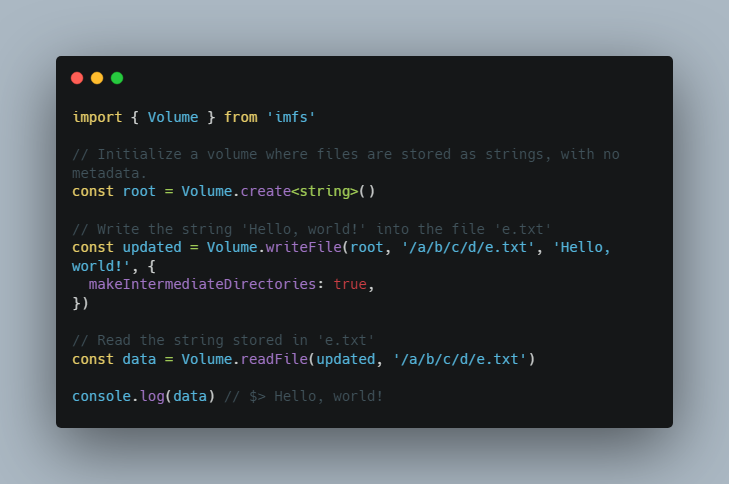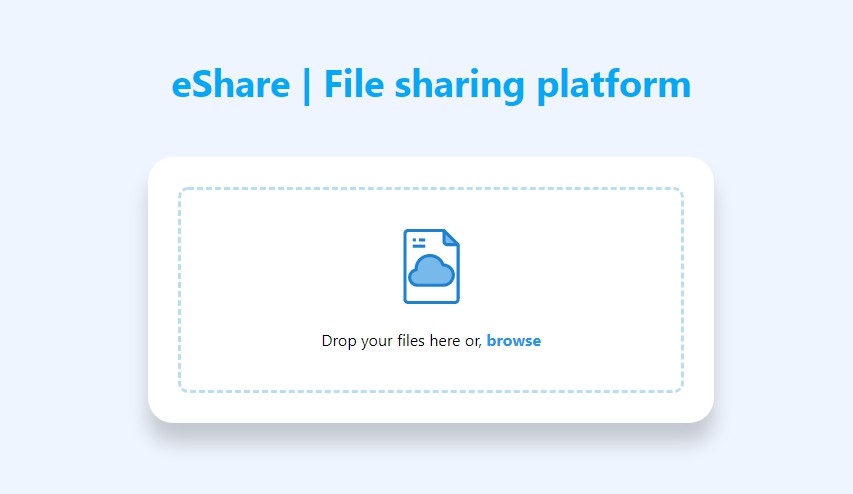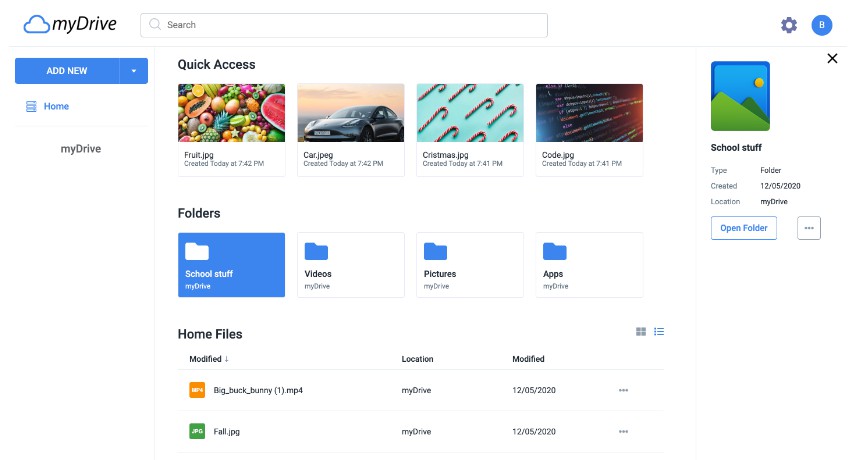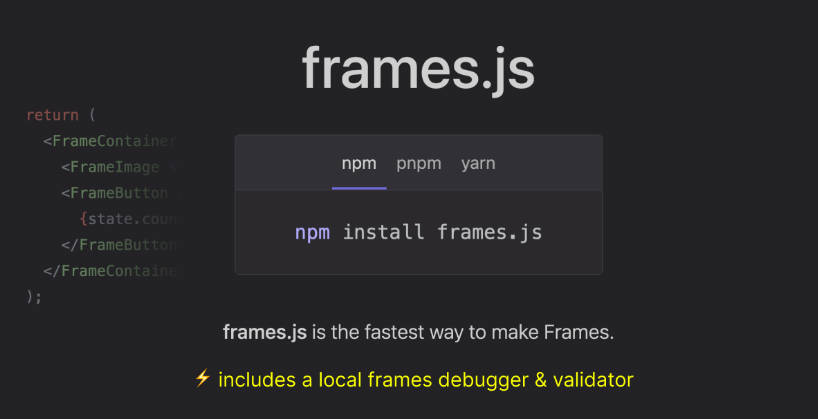imfs
An immutable filesystem-like data structure that supports updates via structural sharing. Use this when you want to store the entire history of a filesystem in a low-memory way, or when you want an in-memory filesystem that works well with React’s memoization and reducers.
npm install --save imfs
OR
yarn add imfs
API
There are 4 categories of functions:
Volume: A collection of filesystem-like APIs e.g.readFile,writeFile. These functions let you use paths to traverse a hierarchy of file nodes. This is likely the main thing you’ll use.Nodes: Lower-level functions for working with file nodes.Entries: A couple small helpers for traversing the volume. Useful when combined with a tree traversal library like tree-visit.path: A subset of node’spathAPI. Only supports Unix-style paths.
Usage
To start, create a volume. In TypeScript, each volume has 2 type parameters: the Data type that will be used to store file data, and optionally any Metadata that should be stored alongside each file and directory.
import { Volume } from 'imfs'
// Initialize a volume where files are stored as strings, with no metadata.
const root = Volume.create<string>()
// Write the string 'Hello, world!' into the file 'e.txt'
const updated = Volume.writeFile(root, '/a/b/c/d/e.txt', 'Hello, world!', {
makeIntermediateDirectories: true,
})
// Read the string stored in 'e.txt'
const data = Volume.readFile(updated, '/a/b/c/d/e.txt')
console.log(data) // $> Hello, world!
For a more realistic filesystem, use a type like Buffer as the Data type (to support binary data), and a type like node’s fs.Stats as the Metadata type (for permissions, timestamps, etc).
Volume
creategetMetadatagetNodegetPathComponentsmakeDirectoryreadDirectoryreadFileremoveFilesetMetadatasetNodewriteFile
Nodes
createDirectorycreateFilegetChildgetMetadatahasChildisDirectoryisFilereadDirectory
Entries
createEntrygetEntries
path
basenamedirnameextnamejoinnormalizesep





